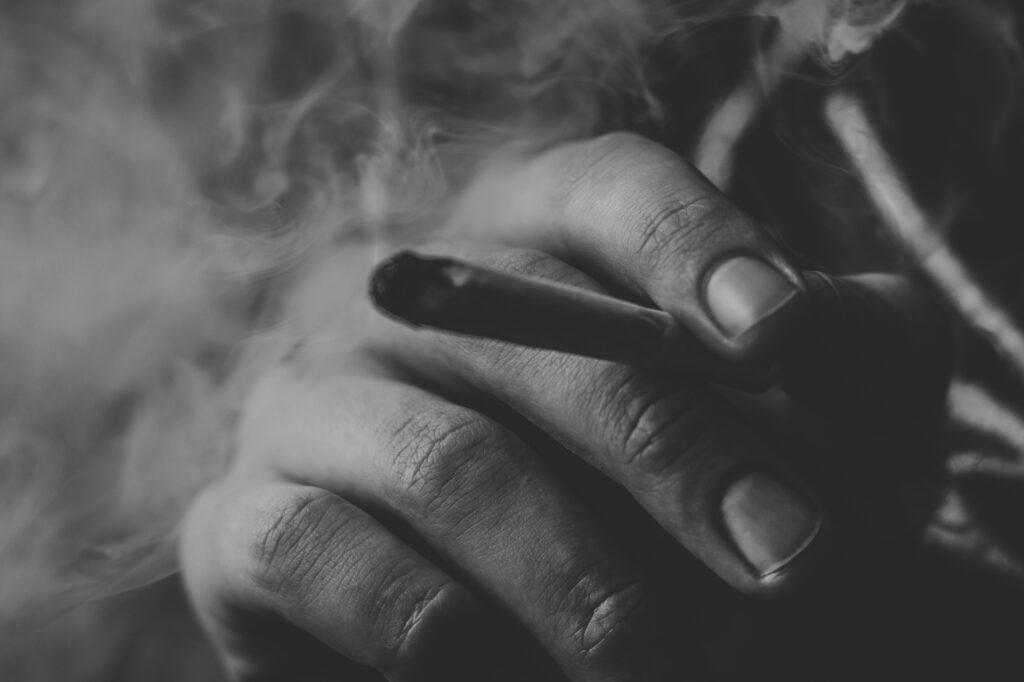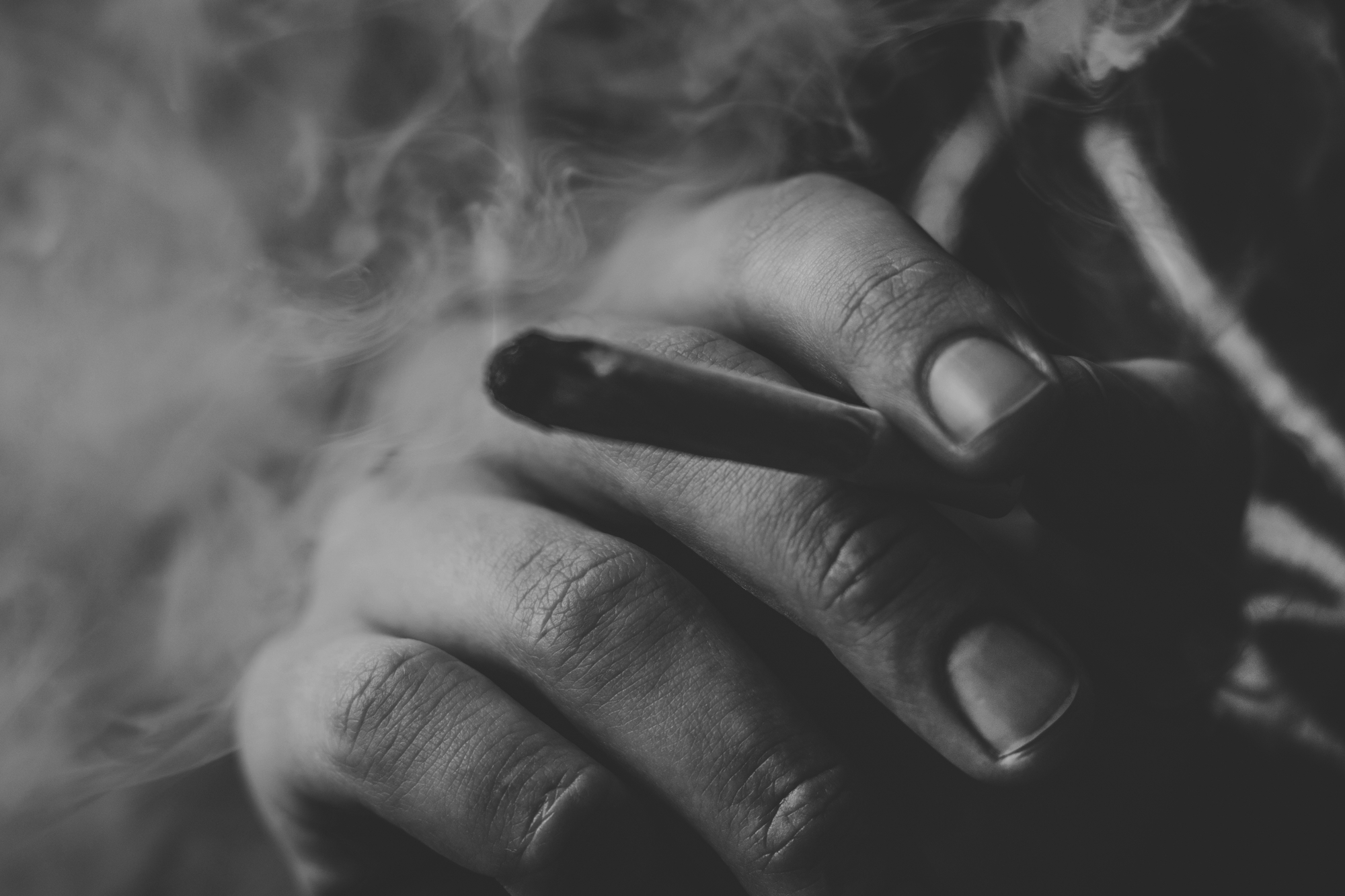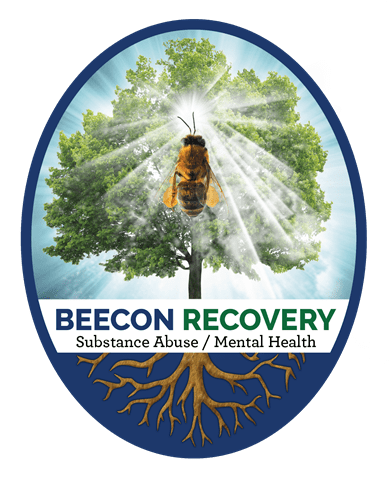Recovering from an addiction is one of the most difficult things to go through, but it is more manageable when individuals have the support of those closest to them. Knowing how to support someone in addiction recovery is also a difficult task, but there are some effective ways to show your support. This blog will talk about 9 ways you can encourage and support someone in addiction recovery.
1 – Educate Yourself About Addiction and Recovery
The first step you can take to better understand the person in your life going through recovery is educating yourself on addiction. In all things, we treat people better and are more compassionate when we understand why they think and behave the way they do. Learning about addiction can help you understand what can help your loved one, and what could potentially be detrimental in their recovery process. Individuals recovering from addiction need all the support and understanding they can get, and simply learning more about addiction in general goes a long way in helping them recover.
2 – Offer Substance-Free Fun
A great way to support a loved one during recovery is to find ways for them to have substance-free and alcohol-free fun. They most likely are used to having substances or alcohol involved in their activities, so it may feel weird for them to not have those things and still have fun. Show your loved one that they can still have fun without substances or alcohol through activities like playing sports, going to a comedy show, or cooking.
3 – Vocalize Your Support
During recovery, individuals need to know they are being supported, and a simple and straightforward way to provide that is by vocalizing your support. A simple, “I’m so proud of you and your progress,” can give people the encouragement they need to keep moving forward in their recovery process.
4 – Listen to Them
Another important form of support is listening. Right along with voicing your thoughts, individuals going through recovery often need to express their thoughts and feelings. Being someone they can talk to can help them get through difficult moments by helping them feel supported and seen.

5 – Set Healthy Boundaries
While someone is struggling with an addiction, boundaries may be disregarded or left undefined, and this can translate over into the recovery process. It is important to recognize any codependency, enabling behaviors, reliance on unhealthy habits, or other detrimental tendencies to assist your loved one in their recovery while safeguarding your own well-being.
6 – Reduce Stress
Drama within the home or environment of someone recovering from addiction can be one of the biggest triggers for relapse. Eliminating any unnecessary stress or tension in their living environment is something you can do to support your loved one in their recovery. Try to have effective communication skills and create a safe environment for dialogue and emotions to be shared.
7 – Be an Example
An important part of recovering from an addiction is for individuals to surround themselves with good people and influences. You don’t have to personally practice sobriety, but you can still inspire your loved one by having healthy habits. This could mean you are eating healthy, regularly exercising, journaling, and more. Show your loved one that there is joy and health to be found in a more sober lifestyle.

8 – Know Signs of Relapse
A serious concern for individuals recovering and their loved ones is relapsing in their addiction. While it is normal to have an occasional relapse, it sets people back in their recovery process. People may be hiding the fact that they are relapsing, so here are some signs to watch out for:
- Isolation: A sudden withdrawal from social activities, support groups, or previously enjoyed interactions may indicate a potential relapse.
- Mood Swings: Drastic changes in mood, increased irritability, or persistent negativity may be red flags for relapse.
- Neglecting Responsibilities: A return to neglecting work, family obligations, or personal responsibilities could signal a relapse.
- Secrecy or Deception: Engaging in secretive or deceptive behavior, such as hiding whereabouts or activities, may suggest a return to addictive patterns.
- Financial Issues: Sudden financial difficulties, unexplained expenses, or requests for money might be linked to substance use.
- Deterioration of Physical Appearance: Neglect of personal hygiene, weight loss, or signs of poor health can be signs of relapse.
- Defensive Behavior: Becoming defensive or avoiding discussions about recovery may suggest a reluctance to confront potential relapse issues.
These are some common signs of relapse, but it is not a comprehensive list. Pay close attention to any abnormal or unusual behaviors and communicate your concerns.
9 – Learn How to Support Someone in Addiction Recovery With Professional Help
Knowing how to support someone in addiction recovery can be difficult and overwhelming to take on alone. You should not hesitate to reach out if you need help. Professional therapists are highly trained on how to offer support for both the person in addiction recovery and their loved ones. Beecon Recovery is available to support your loved one in their recovery, and we can take some weight off of your shoulders in the process. If you think your loved one could benefit from professional support, contact us today.






